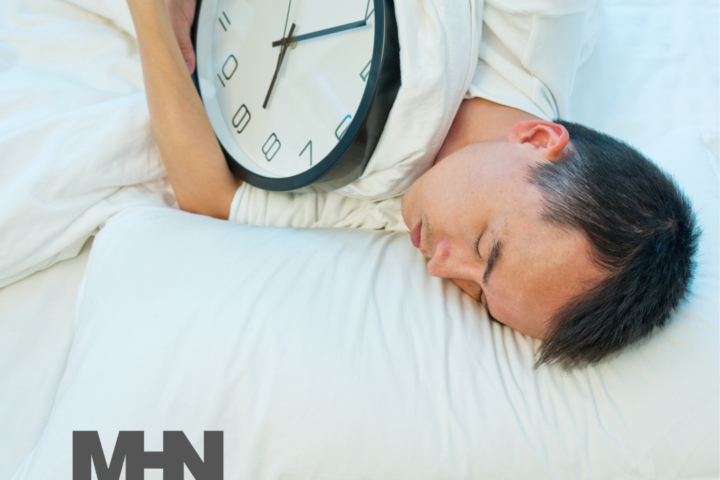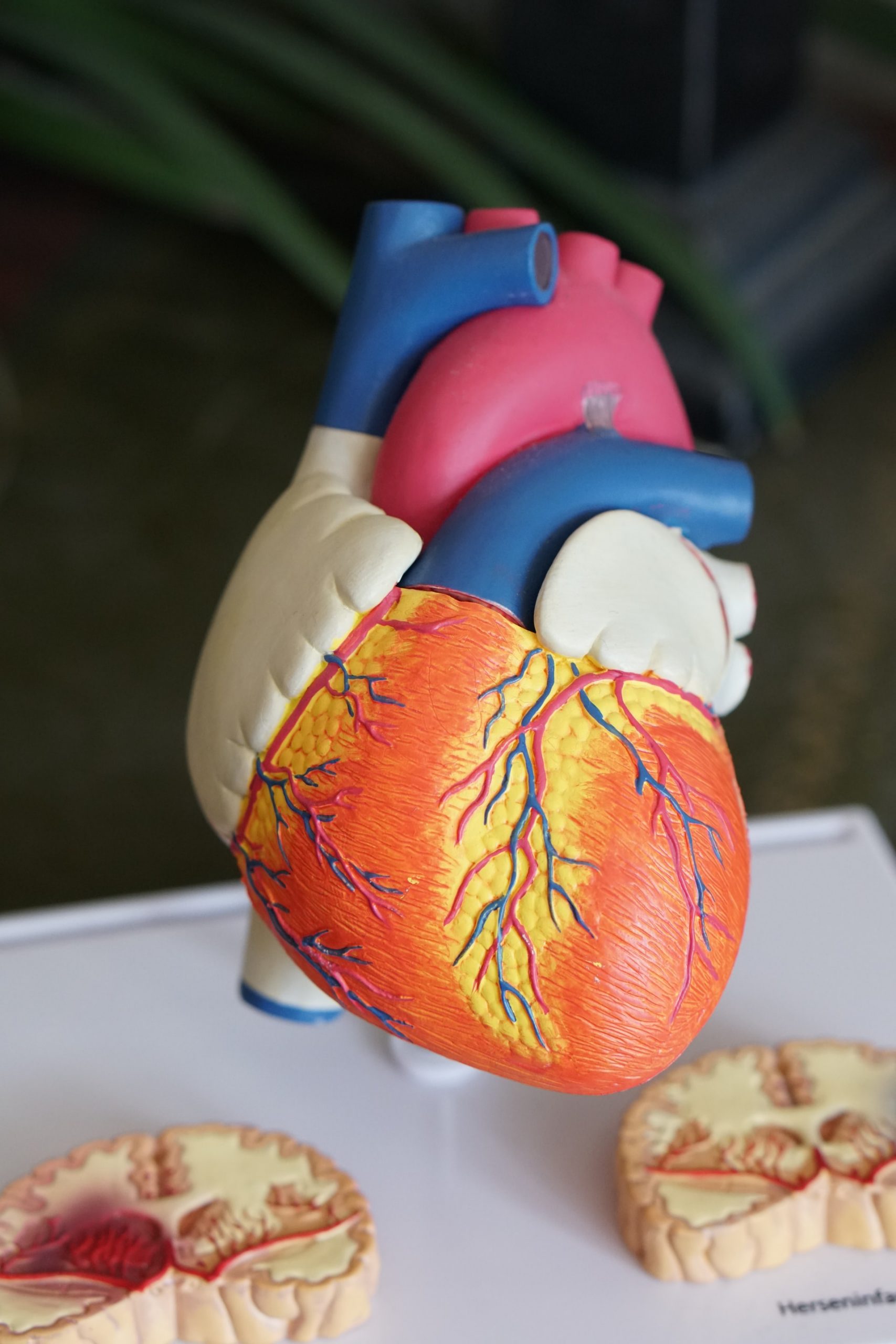Heart disease is pervasive in the United States, representing a substantial health concern. Over 17 million Americans have the condition, including 8.5 million people who have had a heart attack. In fact, heart disease is the number one cause of mortality for women. For the many that live with heart disease, questions frequently arise regarding the safety of normal day to day activities. Earlier this month, however, the American Heart Association released exciting recommendations regarding sexual activity and heart disease.
Overall, the report highlighted the safety of sex in patients with cardiovascular disease, as well as those who have had a heart attack. The key is to look at sex as a form of exercise. Specifically, the authors considered sexual activity to be equivalent to mild to moderate physical activity: stating if you can safely climb two flights of stairs, your exercise tolerance is sufficient for sex.
Overall, they found that less than one percent of heart attacks occur during sexual intercourse. Although several studies demonstrate that the risk of heart attack is slightly greater during sexual activity, since it comprises such a small proportion of our daily life the risk does not translate into more events. However, for those who have symptomatic coronary heart disease the risk associated with sex is greater than the general public.
Coronary heart disease refers to the blockage of heart vessels, which results in decreased blood flow to the heart. Mild blockages can cause transient discomfort during periods of exertion which resolve with rest, this is called angina. During exercise the heart demands more oxygen in order to meet its increased metabolic demands. When, the blood vessels are narrowed, as is the case in coronary artery disease, not enough oxygen is able to reach the heart tissue. The oxygen deprivation is perceived as chest pain. During rest, the oxygen demand returns to baseline and despite the narrowed vessel enough oxygen is now able to reach the heart tissue. Apart from chest pain, pain can also be sensed in the central stomach, back, neck, jaw or shoulder area. Other symptoms include nausea, vomiting, or sweating.
For those who experience angina while walking or climbing stairs, it is important to talk to your doctor and to discuss whether or not sex is safe. Together you can create a plan to increase your physical abilities. At the same time it is critical to talk to your physician about your heart disease medications and any which you take to aid your sex life. The first line medications for erectile problems, PDE5 inhibitors, cannot be taken safely with medications that contain nitroglycerin, which is often given to patients with chest discomfort. Taken together you can experience an unsafe drop in your blood pressure.
Furthermore, inability to achieve or maintain a strong erection could be an early sign of cardiovascular disease. The vessels in the penis that are responsible for creating an erection can also become clogged by cholesterol, just like those in your heart or brain. Thus, the inability to mount an erection can be a sign of plaque development in your vessels. When I see young men with erectile dysfunction I always recommend further cardiac investigation.
In my area of practice, prostate cancer surgery, the ability to have a satisfying sex-life is used to gauge quality of life following treatment, as sex is seen as a key component of life. These guidelines by the American Heart Association should calm patients with stable heart disease, detailing that it is safe to enjoy sexual relationships. Here, it is important to note that only your physician can help you determine if your heart disease is in fact stable. As you should before beginning any knew exercise regimen, it is important to discuss your specific condition with a physician.



